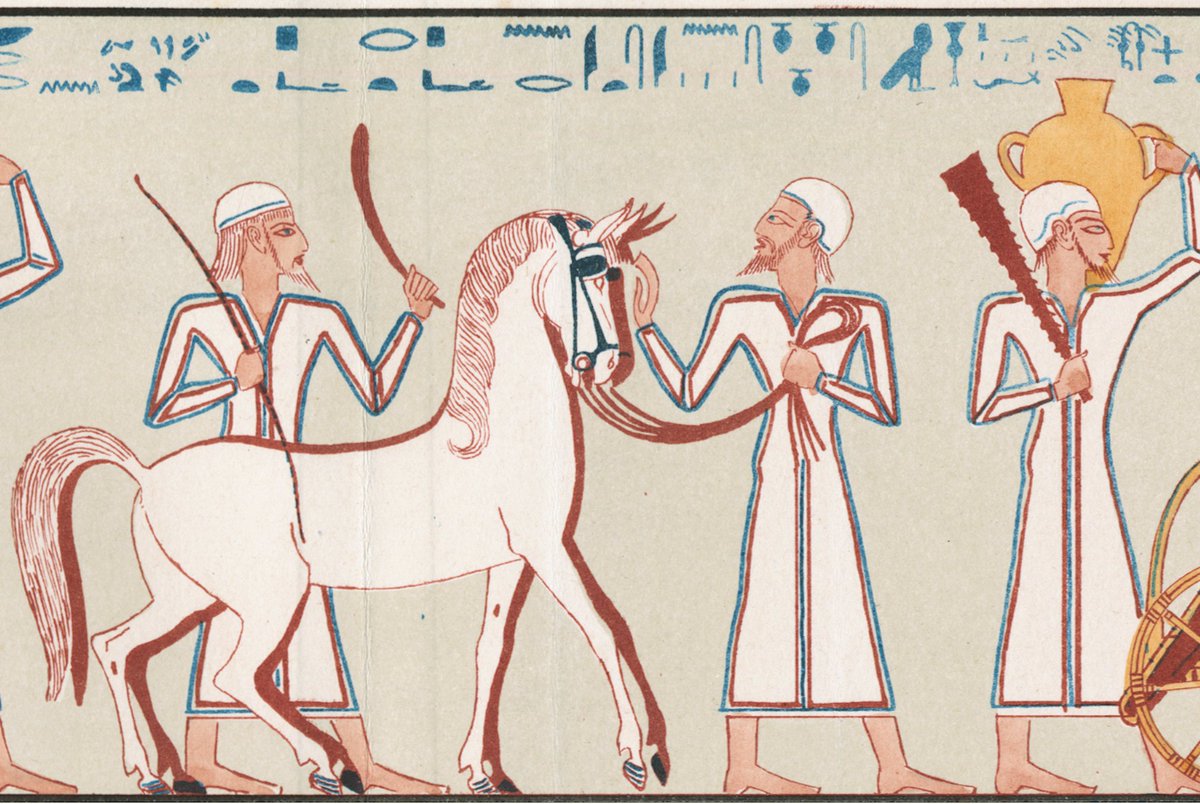
Thread/I have time - let's debunk every name on this map! Sidenote: the natives of the land (Jews) spoke Hebrew, before there was written language in Arabia. Arabs conquered the region in the 7th century AD.
Let's debunk this city-by-city, North-to-South:>>
Let's debunk this city-by-city, North-to-South:>>
https://twitter.com/AyatAlahmad13/status/1397353219601301505
*Safed - first mentioned by Jewish historian, Josephus, as "Sephat" (c. 100 AD). Jerusalem Talmud (c. 200AD) named Sephat (צפת) as the place from which a New Moon is declared (the beginning of the Hebrew month).>>
*Acre - first mentioned 1800BC by Egyptians as "Ako", Phoenicians (c.900BC) as "Akko", in the Hebrew Bible as "Akko". The Greeks called it "Ake", and then the Romans "Ace". The Arabs took the Roman name, and since there isn't an "e" sound in Classical Arabic, made it "Akka".>>
*Tiberias - the original name was Rakkat (רכת), and it was used by Jews up to the c.200AD. The name Tiberias comes from the expansion of the town by Jewish king, Herod, naming it in honor of Roman Emperor Tiberius.>>
*Haifa - originally named "Shiqmona", Hellenized to Sykaminon, and then to Sycaminum. Romans later write that the place was named "Efa", probably from the Hebrew root (note: not Arabic) H-F-H - חפה - "to protect", as it was a coastal citadel.>>
*Nazareth - earliest mention is during Hellenistic period (300-150BC), and it comes from the Hebrew root N-TZ-R (Notzer, Nosser, "guardian"). Note that it's not the Arabic or Aramaic root N-T-R (Nattur, "guardian").>>
*Jenin - earliest mention is in Egyptian letters (in Akkadian), c.1350BC, as "Gina" (Hebrew for "garden"). Later, Bet HaGan ("Garden-house") and Ganim ("gardens") was used until the Arab conquest.>>
*Beit She'an (Bisan) - earliest mentioned in an Egyptian victory stele at Karnak (c.1500BC) as Bit Shi'an. Assyrians (c.750BC) speak of the Israelite city Bit Shi-anu. Jerusalem Talmud calls the Beit She'an valley "paradise". Bisan is a corruption of the original Hebrew.>>
*Tulkarm - mentioned first in the Jerusalem Talmud as existing in the Second Temple period (until 100 AD) with the name that comes from Aramaic, Tur Karma' ("vineyard hill"). Arabic corrupted it to "Tul Karm" - "long vineyard".>>
*Nablus - originally called Shekhem, first mentioned in Egyptian steles (c.1800BC) as Sekmem, and later in correspondences with Hebrew-speakers (c.1350BC) as Shakmu. The Greeks called it Nea-Polis ("new town", compare Napoli), Romans: Neapolis - and then Arabic "Nablus".>>
*Jaffa - first mentioned by Egyptians (c.1350BC) as Yapu (could be read as Yaphu as well). Greeks Hellenized the name to Iopaia, then Roman to Iopa. Classical Arabic doesn't have "o" or "p", so it became Yaffa.>>
*Ramallah - originally named "Beit El", mentioned by Egyptians and Assyrians as Bit Ilu (El is the Canaanite father-god, and a general Hebrew name for a god). Cartographers after 7th century note that this place was named "Bayt Allah", and only recently named "Ram Allah".>>
*Ramla - fair enough, founded by the Umayyads in the 8th century AD, coming from the Classical Arabic word "Raml" - "Sand". It was founded to replace Lod as the regional administrative center.>>
*Jerusalem - first mentioned by king Abdi-Heba, king of Jerusalem in c.1350BC in a correspondence with the pharaoh, as "Urushalim". Numerously mentioned by Jewish sources throughout history. The term al-Quds comes from the Arabic "Bayt al-Maqdas" - the Holy Temple, of the Jews.>>
*Gaza - founded by Egyptians as "Azza" in the 15th century BC. Comes from the Hebrew root `-Z-H - "fierce, fortified". The root exists in Arabic too ('-z-h), but for some reason isn't used 🤔. Instead, the root gh-z-h is used, meaning "prized".>>
*Hebron - first mentioned in Hebrew pottery shards addressed, from Hebron (HBRN) to "the king of Judah", c.730BC. Comes from the Hebrew root H-B-R, "friend". Arabizing it, it became al-Khalil, "the Friend".>>
*Beersheba - mythologically founded by Abraham and Isaac (Seven Wells - Be'er Sheva'), there was a small Jewish village there until 1900. The Ottomans constructed a new city next to the old village called Bir al-Saba' ("Well of the Oath"), and housed Arab Bedouins there.>>
*Eilat - mentioned by Egyptians as a Canaanite trading post called "Ilat", coming from the Hebrew root '-Y-L, or possibly Elah (name for Pistacia tree that grows in the area); survived as Aela in Roman times, then Aqaba Ayla by the Arabs (shortened to Aqaba later). Cont->>
>>The shortening to Aqaba meant to distinct Jordanian Ayla from Israeli Eilat. Um al-Rashrash was a neighborhood of Ayla, which was conquered by Israel and became Eilat. The rest of Ayla becamse Aqaba.
• • •
Missing some Tweet in this thread? You can try to
force a refresh









